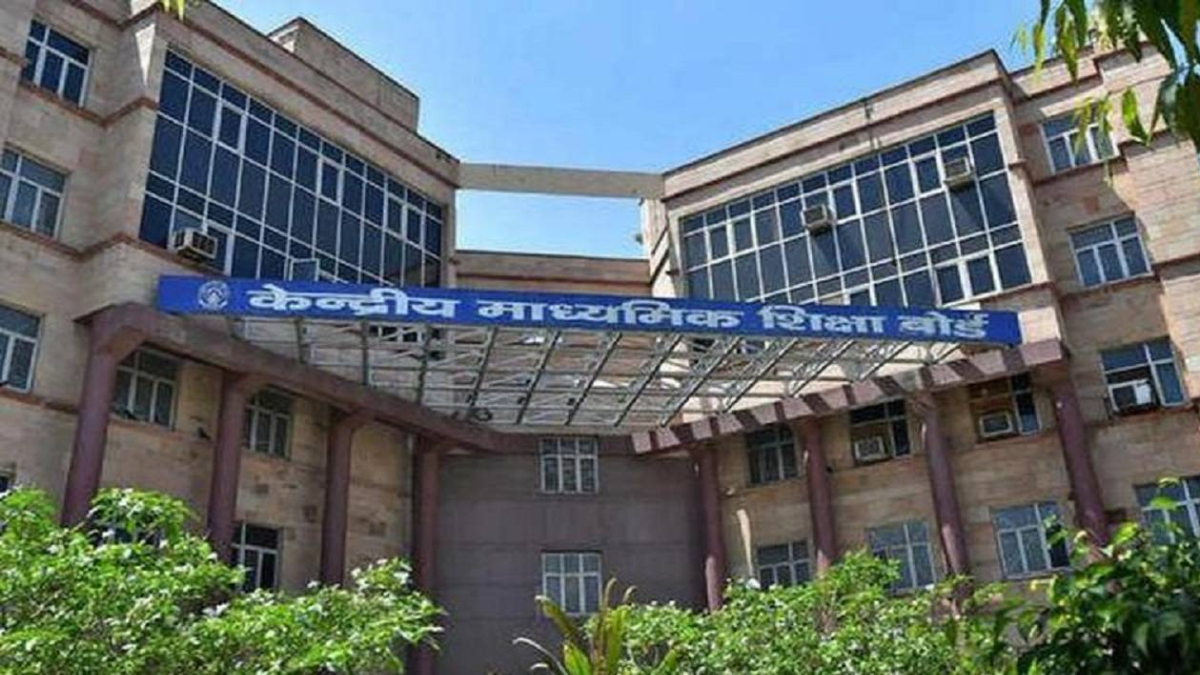The Central Board of Secondary Education (CBSE) has approved a proposal to introduce the open-book exams for class 9 in the academic year 2026-27.
The open book exam is one of the assessment type where students are allowed to consult the books and other study resources while answering the asked questions. This came after a pilot study revealed that teachers are willing to endorse such examinations. The CBSE’s Governing Body, which makes the final decisions, approved the incorporation of such CBSE open book exams for class 9 in 2026-27.
CBSE Approves open-book exams for Class 9 in 2026 -27
The Central Board of Secondary Education (CBSE) has approved a plan to implement open-book examinations in Class 9 beginning with the academic year 2026-27. The CBSE’s open-book assessment system will include basic topics like as language, maths, science, and social science.
During the open-book tests, students may refer to textbooks, class notes, and approved materials. While CBSE will set recommendations, schools will have the choice of adopting this format. The assessments will be included in the three pen-and-paper tests administered each academic term.
Reason Behind this CBSE Open Book Exam
This initiative of the CBSE’s open-book assessment format attempts to shift the emphasis from rote memorisation to competency-based learning, in line with the National Curriculum Framework for School Education (NCFSE) 2023 and the National Education Policy (NEP) 2020.
The idea follows a pilot study approved in December 2023 that evaluated open-book exams in Classes 9 through 12. Student performance ranged from 12% to 47%, demonstrating difficulties in using resources efficiently and comprehending multidisciplinary topics. The study considered elements such as completion time and stakeholder feedback. Despite this, teachers in the trial were positive about OBAs, emphasising its potential to improve critical thinking.
Does CBSE conduct open-book exams before?
The CBSE has previous experience with open-book exams, having implemented the Open Text-Based Assessment (OTBA) for Classes 9 and 11 in 2014 across a variety of topics. Students received reference materials months before exams, but the practice was phased out in 2017-18 due to its low effectiveness in improving critical thinking skills.
To guarantee efficient implementation this time, CBSE will give standardised sample papers and full guidelines to help schools perform Open Book Assessments (OBAs). These resources will assist students in navigating reference materials and applying information to real-world situations.
CBSE will provide training and structured guidance to enable schools to integrate open-book assessments into their own evaluation systems. The goal is to help students develop higher-order thinking skills and connect assessments with the NEP 2022 vision.










 CBSE Class 12 Physical Education Answer ...
CBSE Class 12 Physical Education Answer ...
 CBSE Class 10th Maths Exam Analysis 2026...
CBSE Class 10th Maths Exam Analysis 2026...
 CBSE Date Sheet 2026 for Class 10 & ...
CBSE Date Sheet 2026 for Class 10 & ...














